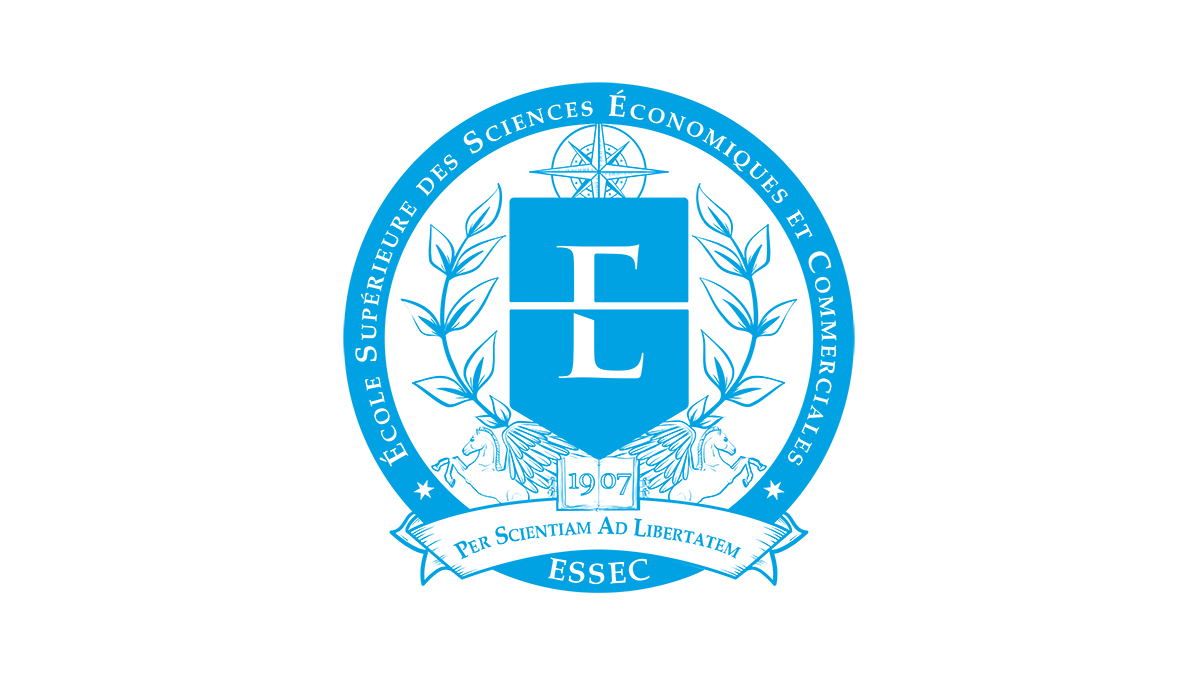Artificial intelligence,particularly generative AI,is now the subject of both great enthusiasm and measured concern. At ESSEC Business School, this rapidly evolving technology is approached with a dual commitment: responsibility and inclusion. While AI offers significant opportunities for innovation and progress, it also raises critical concerns related to ethics, social justice, and environmental impact. Algorithmic bias and the risk of reinforcing existing inequalities are among the most pressing challenges. In this context, educating future decision-makers to use AI in a thoughtful and informed manner has become essential.
“As a higher education institution, we have a duty to prevent ethical or legal missteps and to ensure that the data feeding algorithms reflect the diversity of our society. Inclusive AI should not replicate inequalities, but rather help correct them—this is what we strive to teach our students. A regulatory framework is currently taking shape, notably through the European Union’s AI Act, to ensure more transparent, traceable, and secure use of these technologies. It is our responsibility to bring these principles to life in our teaching and training programs,” says Anne-Claire Pache, Executive Director of Strategy, Alliances and Societal Engagement.





